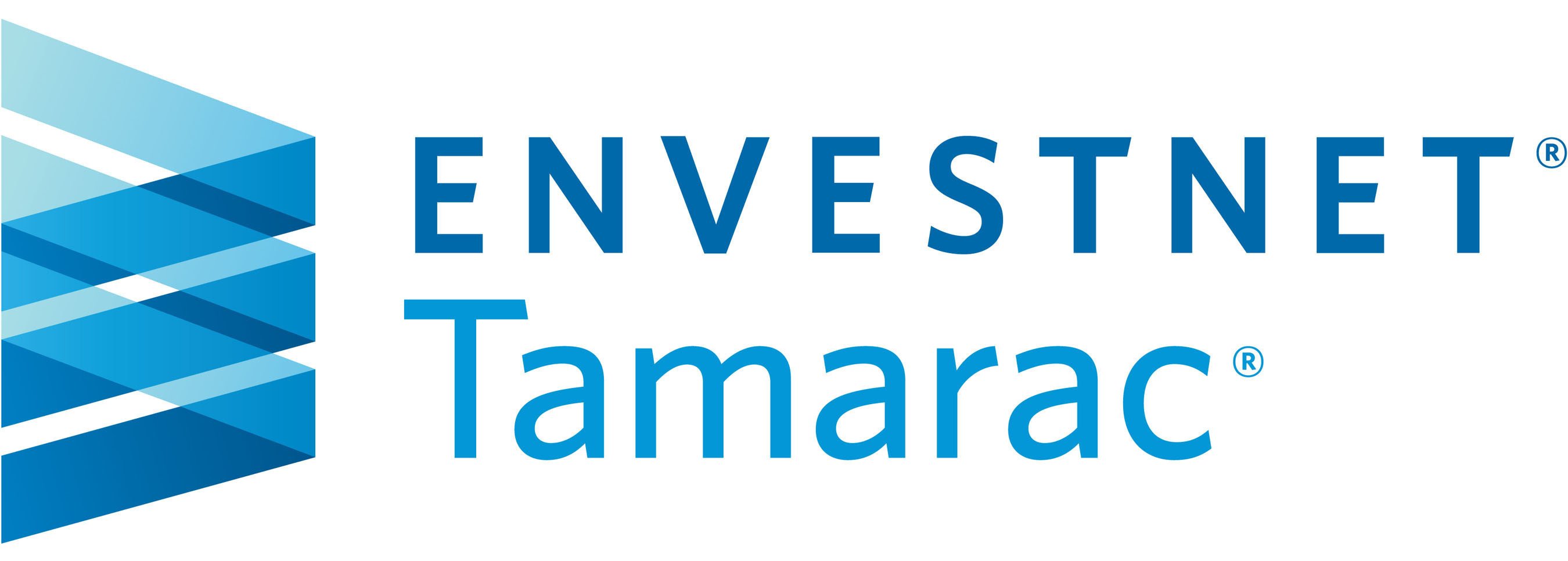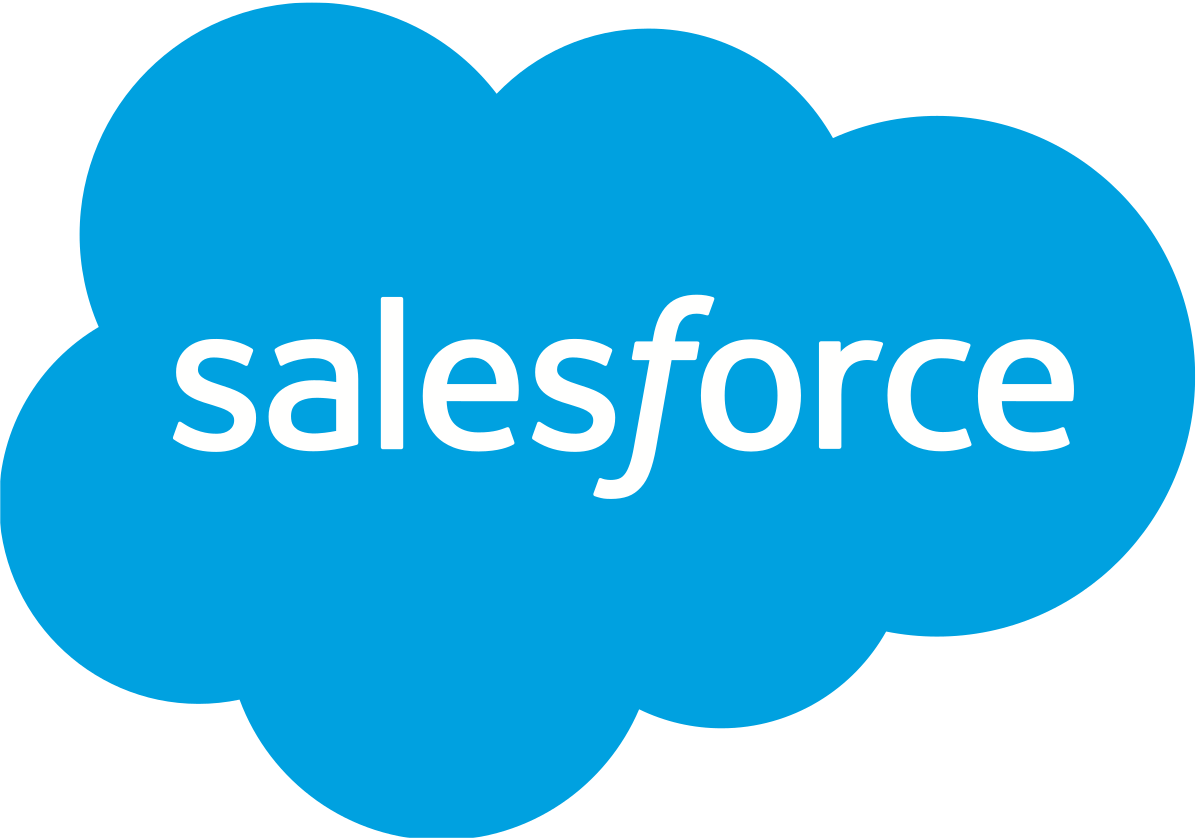Streamline customer relationships and financial work with CRM for wealth management
CRM Software for Wealth Management
Financial advisors use a variety of tools. Some are old school, while others are brand new. The importance of having the best CRM for financial advisers has grown. Customer relationship management is critical for attracting new customers.
CRM for wealth management enables advisors to get to know their clients better. This solution streamlines much of the customer relationship work and allows wealth management teams to better serve their clients.

Features specific to wealth management CRM
- Portfolio management integration
Wealth Management CRMs often integrate with portfolio management systems. This allows wealth managers to access and analyze client investment portfolios, track asset allocation, and make informed investment decisions in real time.
- Risk assessment and compliance tracking
These CRMs include features for assessing and managing investment risk and compliance. They help wealth managers evaluate client risk tolerance, ensure compliance with regulatory requirements, and document due diligence processes.
- Financial planning and goal tracking
These CRMs often include financial planning and goal-tracking features. Wealth managers can collaborate with clients to set financial goals, track progress, and adjust strategies over time, ensuring alignment with clients' long-term financial objectives.
- Data importing
Upload digital contract notes, stocks, futures, and options from various file formats like Excel, HTML, and PDF. Additionally, you can import data from sources such as social media updates, analyst reports, and news channels to gauge market sentiments.
Best CRMs for Wealth Management

Junxure is an intelligent practice management solution for wealth management firms that combines intelligent workflow automation with robust client service tools to streamline client management.
4.4
Wealthbox is a leading CRM software application that assists financial advisors with client management and team collaboration. Wealthbox's modern product design, which is integrated with custodial platforms and complementary wealth-tech products, provides simplicity for users.
4.7

Close is your personalized wealth management assistant. This CRM offers a tailored approach to client relationships, investment tracking, and regulatory compliance. It's not just a tool; it's your partner in securing financial success for your clients.
4.7

Like the name implies, Ugru CRM is about growth. This is a customer relationship tool designed for financial planning. You can integrate it with sales force automation and sales forecasting.
5.0

NexJ is a big player in CRMs for the financial industries. The platform is great for both private banking and commercial banking needs, and corporate banking as well.
4.0
-2.png?width=200&height=112&name=%D0%91%D0%B5%D0%B7%20%D0%BD%D0%B0%D0%B7%D0%B2%D0%B0%D0%BD%D0%B8%D1%8F%20(2)-2.png)
Equisoft is a CRM system for doing wealth management. It is useful for independent advisors and up to large enterprises. They streamline your CRM data into their platform.
1.7
DebtPayPro can help individuals and small firms. Other services include student loan consolidations and credit repair tools. There is marketing automation and sales automation.
5.0

Tamarac CRM comes from Envestnet. They also have platforms for wealth solutions and data analytics. Tamarac wants to help you improve your bottom line.
5.0

SmartOffice is the strategic navigator for wealth management. This CRM goes beyond numbers, fostering client relationships, managing investments, and ensuring regulatory compliance with precision.
3.6
How can CRM software optimize wealth management?
Imagine a powerful tool that revolutionizes wealth management by putting clients right at the heart of it all. That's precisely what CRM technology has evolved into.
It all started with the idea that clients should be the central focus of any business. CRM platforms are like information hubs that gather data from various sources, giving businesses a complete 360-degree view of each and every client. The best CRM systems operate in the cloud, enabling seamless collaboration across teams and departments, no matter where they are or what device they use. Information is collected, analyzed, and stored automatically, and authorized users can access and update it in real time.
With a CRM platform, all advisors and client service teams have access to essential information, such as a client's financial accounts, their network of relationships, goals, and past interactions.
When combined with investment management software built upon this CRM foundation, it transforms into a high-touch relationship management solution. This CRM for wealth management effortlessly gathers client data from various sources, giving advisors a holistic view of their clients through a single, easy-to-use interface. These insights are game-changers for an industry that has traditionally spent considerable time navigating through disconnected systems instead of building strong client relationships.
Now, with comprehensive client profiles readily available, wealth managers can elevate their client interactions to a whole new level. They're not just aware of the data they have; they know how to use it to personalize relationships.
A CRM platform for wealth management empowers advisors to monitor client goals, gain deep insights into the relationships that matter most to clients, and incorporate data from external accounts. This leads to more personalized journeys and even stronger client connections.
What factors are included in the best CRM for wealth management?
With a plethora of CRM options available, pinpointing the one that perfectly aligns with specific client engagement requirements can be quite a challenge. Here are some crucial factors to consider before selecting and implementing a CRM for wealth management:
Actionable Client Data
Data serves as the core of any effective CRM platform, and the same holds true for wealth managers. An outstanding CRM solution simplifies the process of capturing, analyzing, and accessing pertinent client and investment data. This ensures that advisors always possess the information necessary to offer tailored guidance to clients throughout their financial journey.
Scalability
The best wealth management software solutions are those capable of adapting to changes within the firm seamlessly. A CRM platform that offers customization and flexibility, enabling it to grow in tandem with the firm's evolution, empowers advisors to expand their client base without concerns about outgrowing their relationship management tools.
Integration
An effective CRM platform should not demand a complete modification of the way client relationships are managed. Instead, it should enhance existing processes. To achieve this, financial advisors require a CRM tool with the ability to surface relevant client data from leading financial services technology partners, including financial planning tools, data aggregation services, and more.
Customization
Every financial advisor has their unique approach to their work. Effective CRM tools provide advisors with the freedom to operate in their preferred manner. Customizable dashboards, client profiles, and reporting tools enable them to create a solution that aligns precisely with their individual needs.
Benefits of implementing CRM for wealth management
In the world of financial advising, achieving success depends on two critical factors. Firstly, it's about expanding your list of clients. Secondly, it's about nurturing enduring relationships with each client. This approach is useful in both the short and long term. That's precisely why integrating a CRM for wealth management into your daily operations is necessary. It not only helps you maintain a comprehensive record of all your contacts and clients but also ensures that you constantly have access to relevant information and a history of your communications. Moreover, these contact management platforms assist you in finding new connections through referrals based on shared demographics, industries, and areas of interest.
The top-notch wealth management CRM systems for advisors go beyond the fundamentals, including elements such as follow-ups and reminders. They also play a pivotal role in strategizing for your clients' financial futures, including savings and retirement objectives. CRMs simplify the process of tailoring your approach to each client's unique financial circumstances. Furthermore, the best CRM solutions possess the ability to scale up seamlessly as your wealth management business expands.
-
Effective Lead Management
The key to success lies in getting more leads and understanding your contacts. CRM software serves as your trusty companion in keeping a meticulous record of all your networking activities. This way, every new person you meet can be nurtured from a prospective lead into a loyal client. Features like engagement history and personalized note-taking are handy reminders of when and how your initial connection was established.
CRM keeps you on top regarding each client's needs and aspirations. It offers suggestions on how to guide leads through your sales pipeline. Even after the deal is closed, CRM for wealth management continues to work for you. It provides invaluable sales pipeline management tools to assist in planning for your client's long-term loyalty.
-
Gain Business Insights
In the sector of financial services, CRMs often come equipped with powerful business analytics. Given the multitude of relationships you manage, there's a wealth of invaluable data at your fingertips. Financial CRM platforms allow you to collect data related to past trading and planning activities, not only within your network but also through getting access to wider financial information. Leveraging this data and intelligence leads to actionable insights, a boon for both retaining current clients and attracting new ones.
-
Revenue Enhancement
Ultimately, the bottom line remains the main goal. As a competent financial advisor, you understand that your success is tightly connected with your clients. Your primary goal is to increase the value of your client's financial portfolio. CRMs for wealth management boost revenue by automating task management. This means less time spent on tedious tasks.
CRM allows you to focus on what matters most: financial research and client connections. CRMs for financial advisors are excellent organizing tools for planning and scheduling. It allows you to stay on top of your affairs and never miss a chance.
-
Improving Sales & Marketing
Different moving parts make up a business. Sales and marketing are critical components. When it comes to running a small or large corporation, finance experts have to maintain close ties with marketing and sales. Growing your business requires getting your name out there through campaigns such as email marketing or even social media.
After marketing has done its job, sales teams need to interact with prospects. CRMs for wealth management help keep sales teams prepared and informed. These are some of the key features that the finest CRMs provide.
-
Robust Customer Service
Being a financial advisor involves more than providing stock tips for commissions. It's about creating enduring relationships where follow-ups are essential. CRM software solutions are your reliable partners in ensuring that each customer enjoys swift access to customer support.
Numerous challenges may arise, ranging from technical support to evolving client needs. Even when things don't proceed as planned, clients should have confidence in receiving stellar assistance from their financial advisors.
FAQs
What is a CRM system in financial services?
CRM system plays a pivotal role in managing contacts, recording all client interactions, scheduling future engagements, and determining upcoming tasks based on specific criteria.
In numerous CRMs for wealth management, contact management seamlessly integrates with additional data sources to gather insights into a client's investment journey. This integration empowers advisors to adapt client strategies as the need arises.
Why CRM for wealth management is essential for financial advisors?
Financial advisors rely on CRM systems to categorize clients and potential clients according to their requirements, interests, level of engagement, and where they stand in the sales process. A CRM system should also offer workflow automation, handling routine yet crucial tasks such as follow-ups, appointment scheduling, and communications.
What are the expected costs of a CRM for wealth management?
CRM pricing can vary greatly since some systems charge per user, while others charge based on the number of databases or assets managed.
A CRM system can vary from $45 to $60 per user per month for independent advisors or smaller organizations seeking a basic CRM package with the key components. Prices for CRMs with more capabilities, such as marketing automation, more email functionality, or more data storage, range from $70-$120 at the mid-tier level.
What are the best CRMs for wealth management?
Here are some of the top CRM solutions:
- Creatio
- Salesforce Financial Services Cloud
- Wealthbox
- Junxure
- Redtail CRM
- Ugru CRM
- Zoho CRM
Other CRM Industries
Higher Education
Attract, sustain, and serve your students with CRM for higher education
Construction
Modernize your business and deliver projects faster with a CRM for construction.
Consulting
Conduct business from your pocket, with a CRM for consultants
Manufacturing
Improve the planning, production scheduling, and communication with a manufacturing CRM.
Real Estate
Manage properties, buyers, and sellers on a unified platform with CRM for real estate.
eCommerce
Improve customer relationships and reach new markets with CRM for eCommerce.
Small Business
CRM is an inexpensive software solution to scale your business.
SaaS Companies
Reduce churn and attract more customers with a CRM for SaaS.
Nonprofits
Raise more money, motivate volunteers, and grow strategically with CRM for nonprofits.
Retail
Add a personal touch to every shopping experience with CRM for retail.
Insurance
Reduce risk and increase profits with CRM for Insurance.


